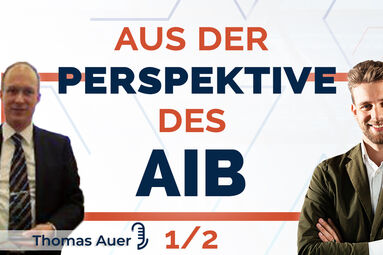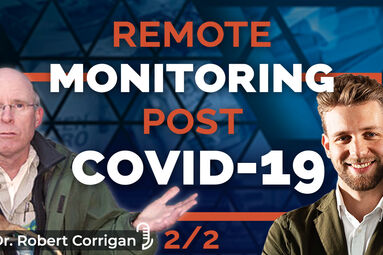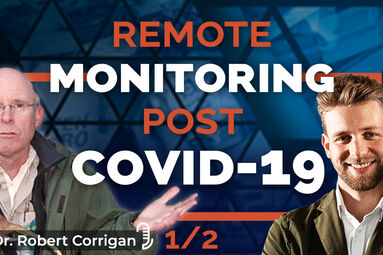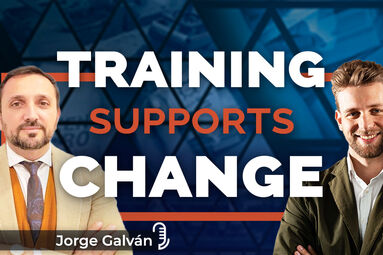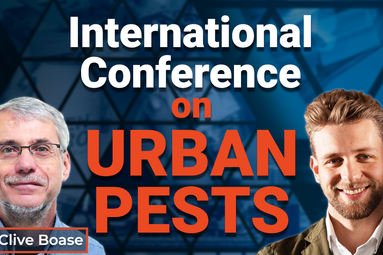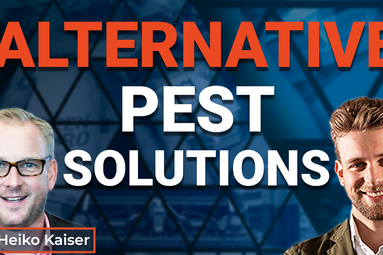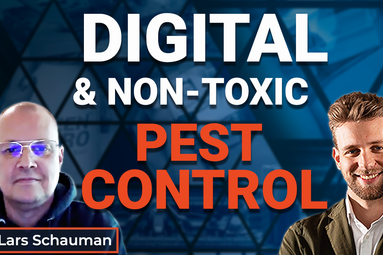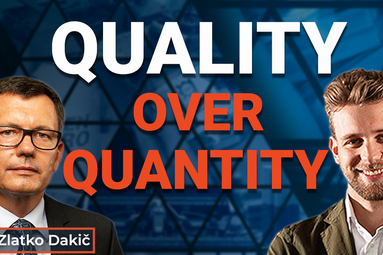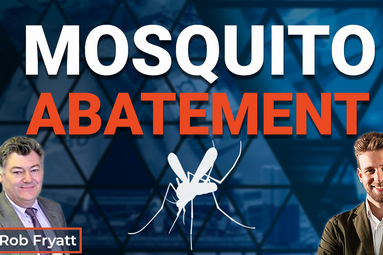Talking Pest Management | The Digitization Experts – Lukas Bartels & Ben Meyer from RATTEX
In the brand new ‘Talking Pest Management’ episode, Lukas Bartels and Ben Meyer from RATTEX are our guests. The two talk to Daniel about the issues RATTEX is currently grappling with, the very successful path of the company’s digitization, and the very special corporate culture of the Solingen-based company. The episode is published in cooperation with our partner DpS.
The company RATTEX is located in Solingen, was founded in 1983 and currently employs about 40 people. RATTEX stands for effective and integrated pest management for comprehensive protection of companies and their products. The managing director of the company is Lukas Bartels, who took over the management from his father, who is the founder of the company, in 2016.
At the beginning of the interview, Daniel would first like to take a look at the personal paths of the two guests. Lukas learned the business ‘from scratch’. He started a good 15 years ago with an apprenticeship as a pest controller, worked in the field for many years, then took over the disposition and has been responsible for the management at RATTEX since 2016.
Location-independent work already possible before the pandemic
Lukas sees his main task in recent years in the area of digitization. When the Corona pandemic hit last year, he says, the company was already well prepared, for example through digital telephone systems, and was able to work independently of location without any problems and meet the new challenges. But Lukas also fondly remembers his early days folding cardboard mouse boxes for his father in the company’s basement, which were the only tool he used back then. However, with the development of behavioral resistance in house mice, RATTEX was forced to take the next step and develop new methods and tools. Daniel has also observed this in recent years and notes that, from his perspective, RATTEX has always considered what can be solved differently.
In addition to the development of new services, the Solingen-based company has also worked very intensively on digitization issues in recent years, updating mail systems, servers, the telephone system, customer systems, dispatching, docs and traps, among other things, to the latest state of the art. At this point, Luke emphasizes that this path also requires staying power. Today, however, successful digitization in his company ensures that important information is available quickly and automated processes have freed up new time and resources.
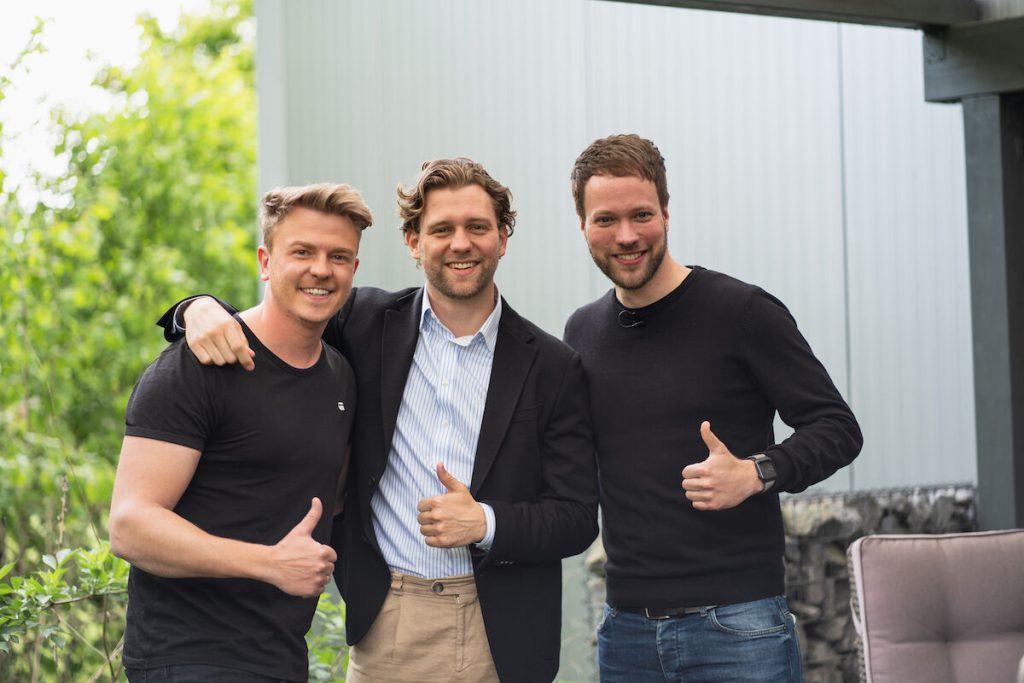
Start of digitization with new ERP system
Closely associated with the digitization progress at RATTEX is Ben Meyer. Ben has been with RATTEX for just under six years, when he joined the disposition department and was later responsible for all digitalization topics related to the company together with Lukas.
Ben sees the start of digitization with the introduction of a new ERP system in 2017. In the background, large amounts of data had to be entered from paper into the new system, which meant a lot of work, as the introduction had to be carried out alongside day-to-day business.
Is digitization a matter for the boss?
One important learning that Lukas and Ben have made in this process is that ideally there should be at least one person who deals exclusively with digitization issues. So shortly after starting at RATTEX, he says, Ben grew more and more into the role. According to Lukas, however, creating such a position also requires courage to create capacity for it, since it is initially a role that does not generate revenue.
In response to Daniel’s question as to whether digitization is a matter for the boss, Lukas replies that he only sees it that way to a limited extent. In his role as CEO, he said, it was important to initiate a vision, issue goals and review them regularly. However, it was also very important to hand over competencies and to be able to trust. This is where Ben comes in, as he has a great understanding and knowledge of the relevant areas of digitization and can pass this on to the team, which Lukas believes is also fundamental to the success of digitization.
Trying out a lot to be able to go new ways
Lukas tries to take away the fear of other companies and emphasizes that it is important to simply try out new things in order to be able to go new ways afterwards. In the process of the last few years, it was also very important for him to realize that not everything is possible at once. For example, RATTEX initially halted the certification project that had actually been started before digitization. New digital processes were created and then, building on that, the certifications, for which Ben was also responsible.
Currently, much of RATTEX’s digitization revolves around hardware systems in use by customers. Here, he says, many properties were converted to digital trap systems at the beginning of the year. Lukas also points out at this point that it is important for both service providers and customers to test different systems, as these are often in use for up to ten years.
Great corporate culture as the key to scalable service
Daniel notes that Lukas and Ben are each the other’s right-hand man and that is also why they work together so successfully. He also emphasizes what he sees as a great company culture at RATTEX and asks Lukas how to make pest control so ‘sexy’. Luke makes it clear that this culture is only possible through respectful cooperation and finding good and positive solutions together. In his view, service is only scalable if employees enjoy going to work every day and are passionate about their job. This in turn is a reason for the positive image of RATTEX, through which it has been possible to gain more reach and attract so many good employees.
Lukas also likes to use lateral hires in the hiring process. Technical content can be taught to new employees over time, but the soft skills that are often so relevant, such as character or loyalty, cannot. It is also difficult to find IHK-trained pest controllers on the market. At this point, however, Lukas also emphasizes that it is elementary to invest in new employees and in particular lateral entrants and thus constantly develop them further.
Looking at the direct collaboration with Ben, Lukas emphasizes the unconditional trust between the two. This trust also developed through joint private activities such as making music or going on vacation together. So they also often talk about the company in the process, which in his view is what gives a family business its character.
Integrated Pest Management as a matter of course
In the further conversation Daniel, Lukas and Ben look at current professional topics around RATTEX. Daniel notes that Integrated Pest Management is a natural topic for the company and is treated as such. Lukas confirms this and says that IPM is not a default for him, but was put in his cradle by his father from the very beginning. Today, in his view, this is the only way to control pests sensibly and sustainably in practice.
This approach also arose out of necessity, since RATTEX is on the road in the ‘central metropolitan areas of mouse strongholds,’ according to Lukas. Many customers come primarily from Cologne and Düsseldorf. Berlin would also be home to many customers, which is why RATTEX established a new branch here last year.
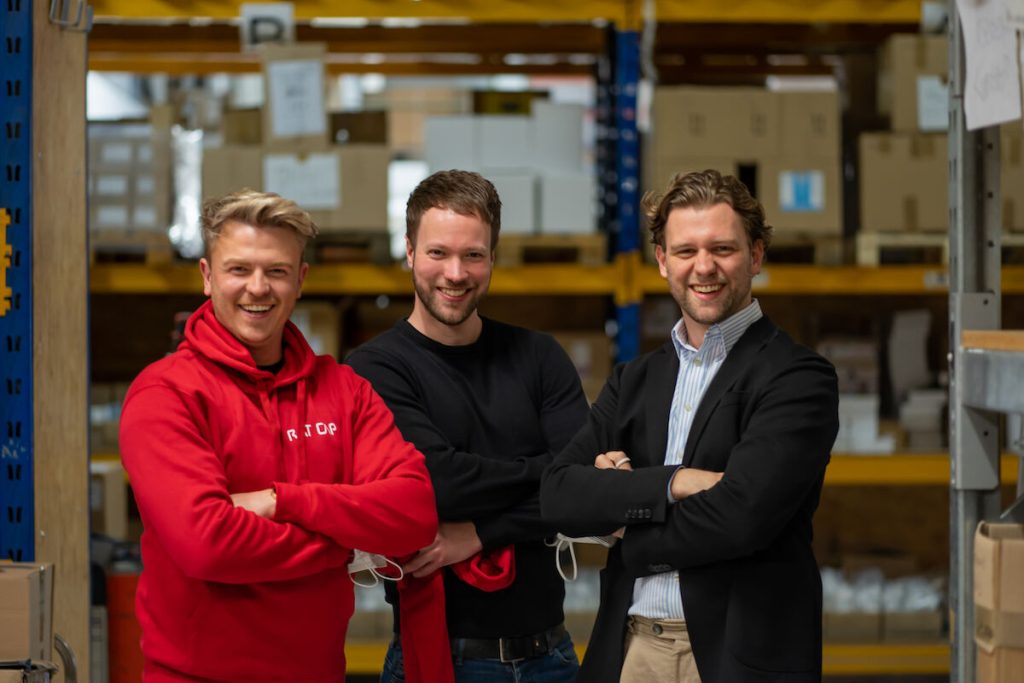
Daniel addresses RATTEX’s very special fleet of cars. In the company’s service vans you will find a ‘half workshop’. In this way, necessary structural or hygienic measures can be remedied directly at the customer’s premises. This is a great advantage for customers because they do not have to hire other service providers, they get a solution from a single source and problems can be resolved quickly. Daniel sees RATTEX as a pioneer in this area and predicts that this will become the standard in the next few years, which Lukas also agrees with.
Warehouse management at RATTEX
Due to the Corona pandemic, many raw materials are currently in short supply and very expensive. Daniel wants to know from Lukas and Ben how they organize themselves against the background of this problem. In order to achieve good prices, RATTEX still buys large quantities, but ideally leaves them in the manufacturers’ warehouses so that they can then be accessed on demand, according to Lukas.
Lukas believes that the mass of products does not solve any problems either, but rather know-how and advice, which is why, in his view, huge inventories are no longer necessary. Ben points out here that since 2016, RATTEX’s staff has tripled, but the warehouse space has remained the same.
Customer focus on gastronomy
When asked where RATTEX’s customer focus lies, Lukas can clearly name the catering industry. In the early days of RATTEX, his father personally introduced himself to many companies and was thus able to win over many customers. Today, he says, there are also many customers in industry and occasionally private customers, but the company’s roots are still in the restaurant business.
Daniel would like to know to what extent the pandemic has played a role for RATTEX, since the catering industry in particular has been strongly affected by the impact. Lukas makes it clear that this has already had a big impact and that a lot of communication with the companies was particularly necessary during this time. Because even when catering businesses were shut down, pest control services were still needed, at least some of the time. Once farms were allowed to deliver to their customers off-site again, he said, pest control operations also resumed.
Overall, the pandemic period has been ‘a rough ride’. Some gastro businesses had to file for insolvency. However, pest controllers specializing in bed bugs had an even harder time.
A lighthouse company in the industry
At the conclusion of the interview, Daniel calls RATTEX a “lighthouse company in the industry. Justified in the pioneering position in the field of digitalization, the great corporate culture and a close connection with customers.
According to Lukas, a great strength on this path is that RATTEX is not a corporate group, can make quick decisions, gets quick feedback on them from employees and customers, and can thus use speed as a success factor. Overall, the interview with Lukas and Ben was a casual, exciting conversation with a cool behind-the-scenes look at RATTEX.


